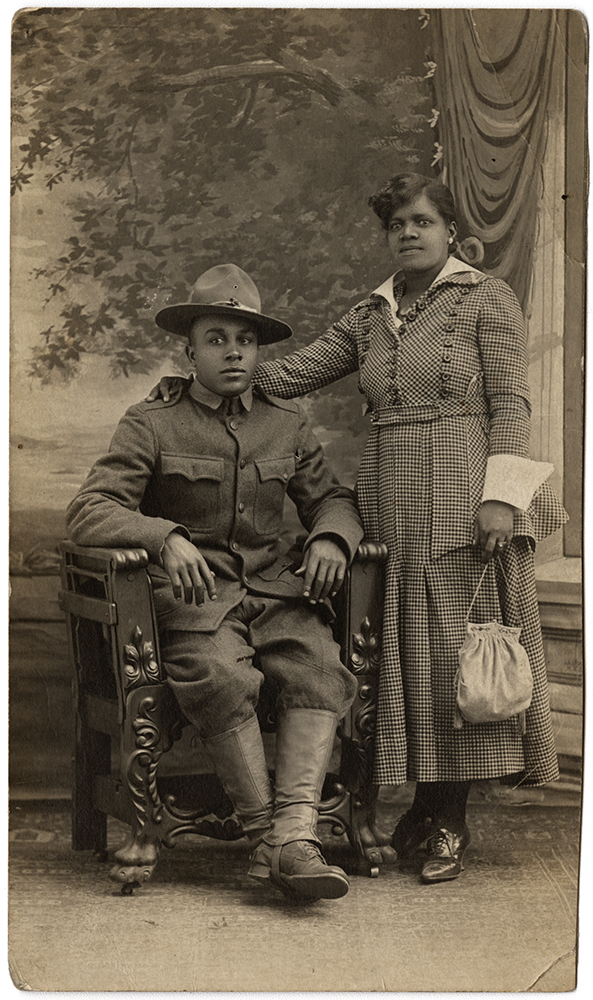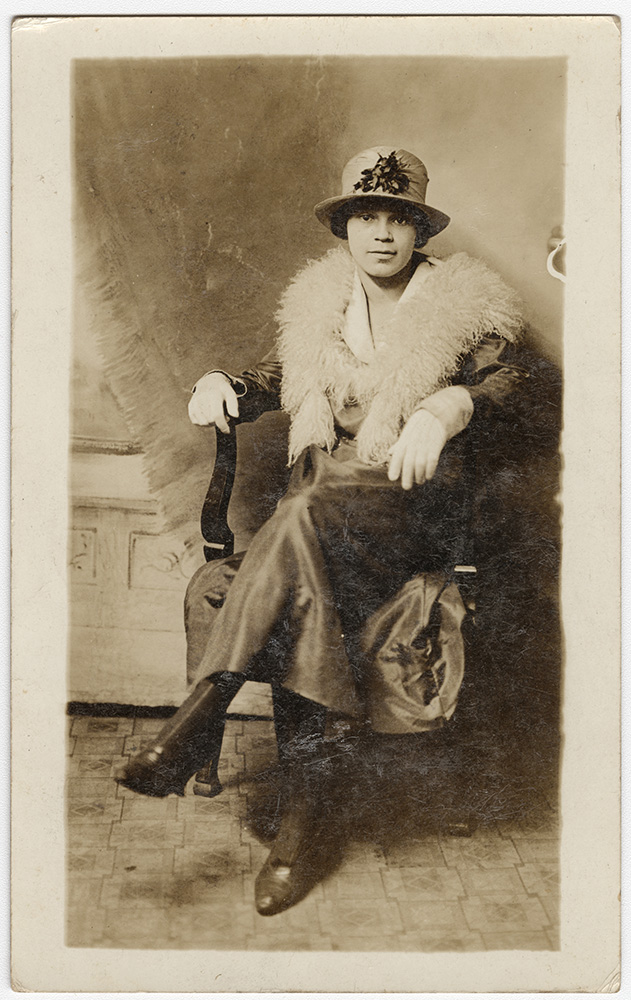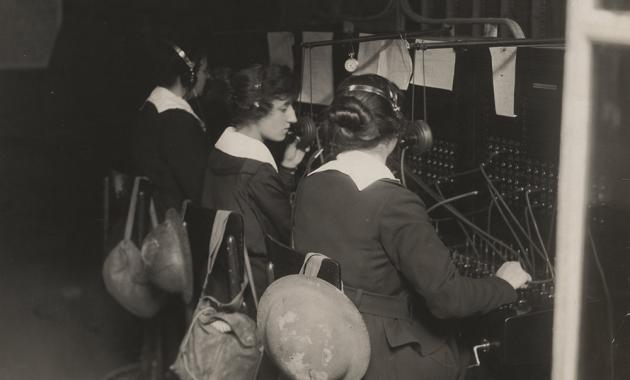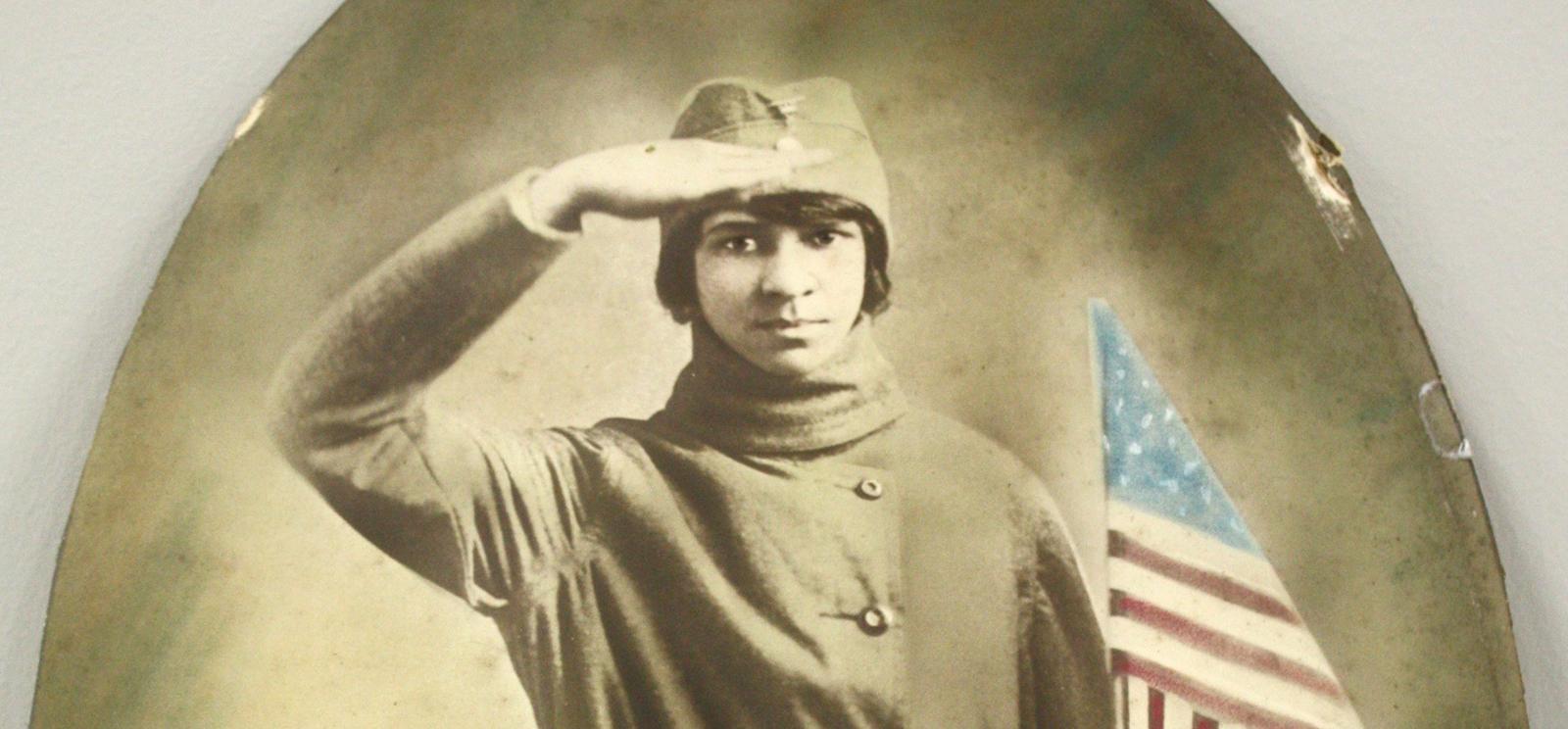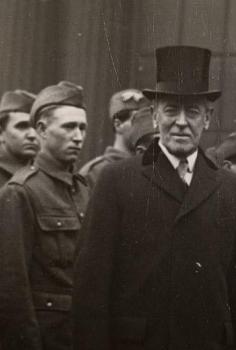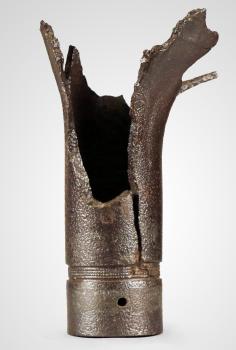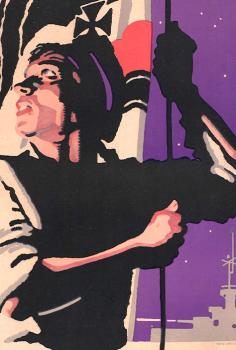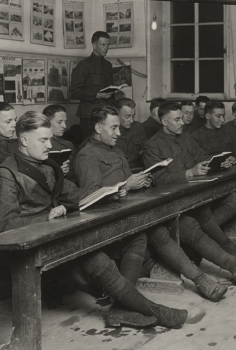When the U.S. joined the war in 1917, Americans from all walks of life wanted to “do their bit.” This included African American women, who found a variety of ways to support the war effort amid rampant racism and sexism.
Administrators
Regardless of skin color, American women were not given duty in combat roles. But they did serve in other ways: a loophole in the Naval Reserve Act of 1916 allowed women to join the Navy in non-combat roles such as in clerical and administrative positions. Approximately 11,000 women served as Yeoman (F), with the vast majority being white women.
However, 14 Black women, later nicknamed the Golden Fourteen, served in the Muster Roll section in Washington, D.C. These women tracked naval personnel ship assignments, noting both changes in assignments and commands.
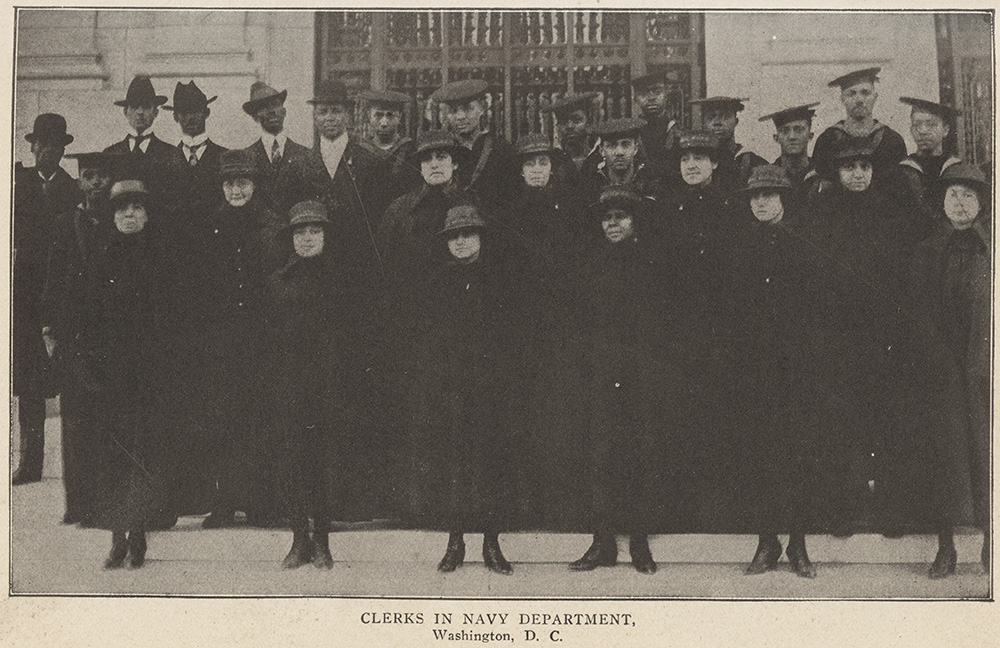
From "Kelly Miller's Authentic History of the Negro and the World War"
Drivers
African American women also served as Motor Corps drivers with the Red Cross and the National League for Women’s Service. Often using their own vehicles, they provided transportation for soldiers to military camps, hospitals and canteens throughout the U.S.
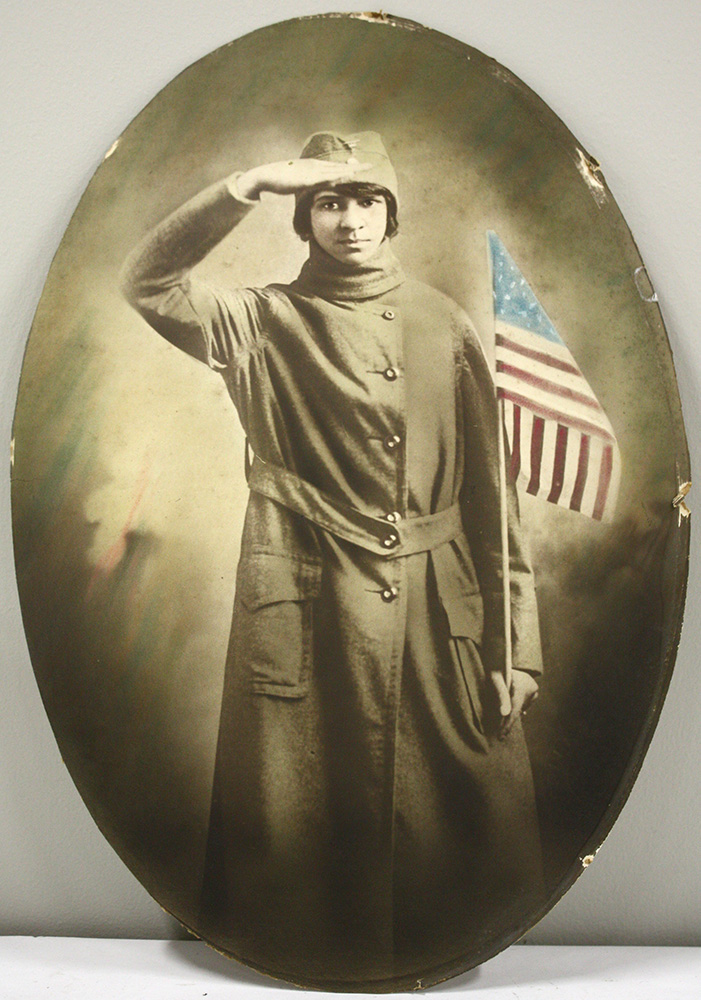
Nurses
The American Red Cross resisted activating the approximately 1,800 African American nurses certified for service with the military until the end of the war, when the 1918 pandemic created a nurse shortage. Even then, only 18 Black nurses served in the U.S. Army Nurse Corps stateside. They were segregated from white nurses and only allowed to care for Black soldiers or German prisoners of war. One of the 18 nurses, Aileen Cole Stewart, described the experience:
“The Story of the Negro nurse in World War I is not spectacular. We arrived after the Armistice was signed, which alone was anticlimactic. We had no opportunity for 'service above and beyond the call of duty.' But each one of us, in the course of our professional relationships, did contribute quietly and with dignity to the idea that justice demands professional equality for all qualified nurses.”
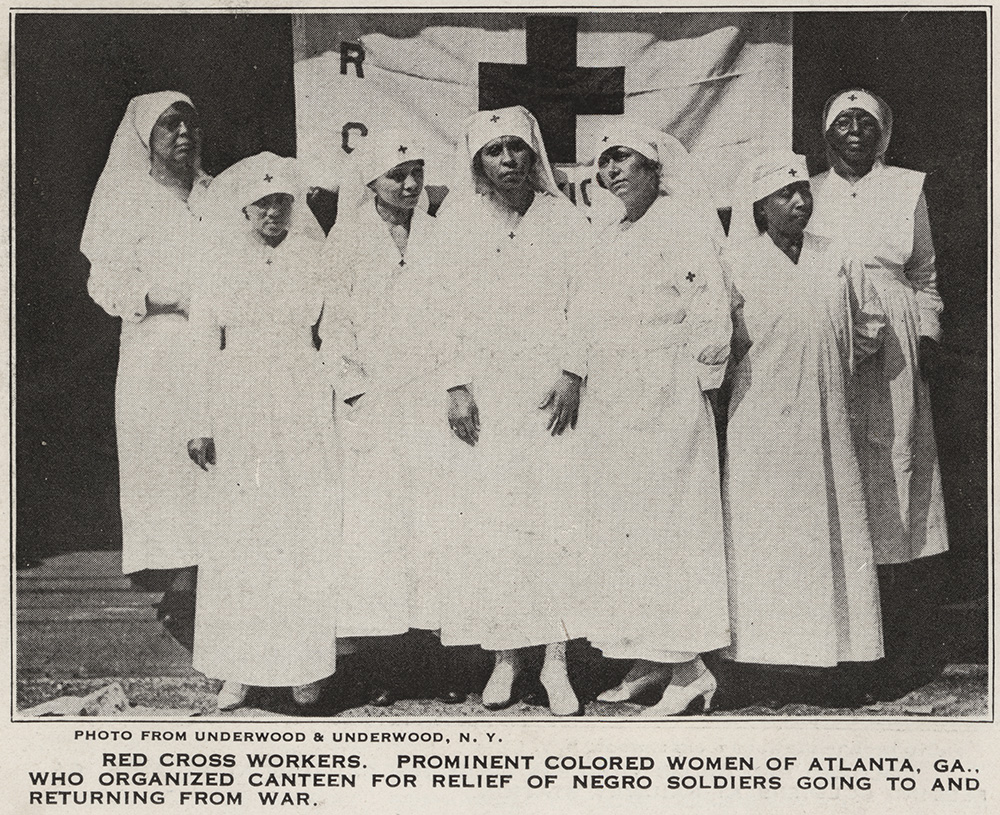
From "History of the American Negro in the Great World War"
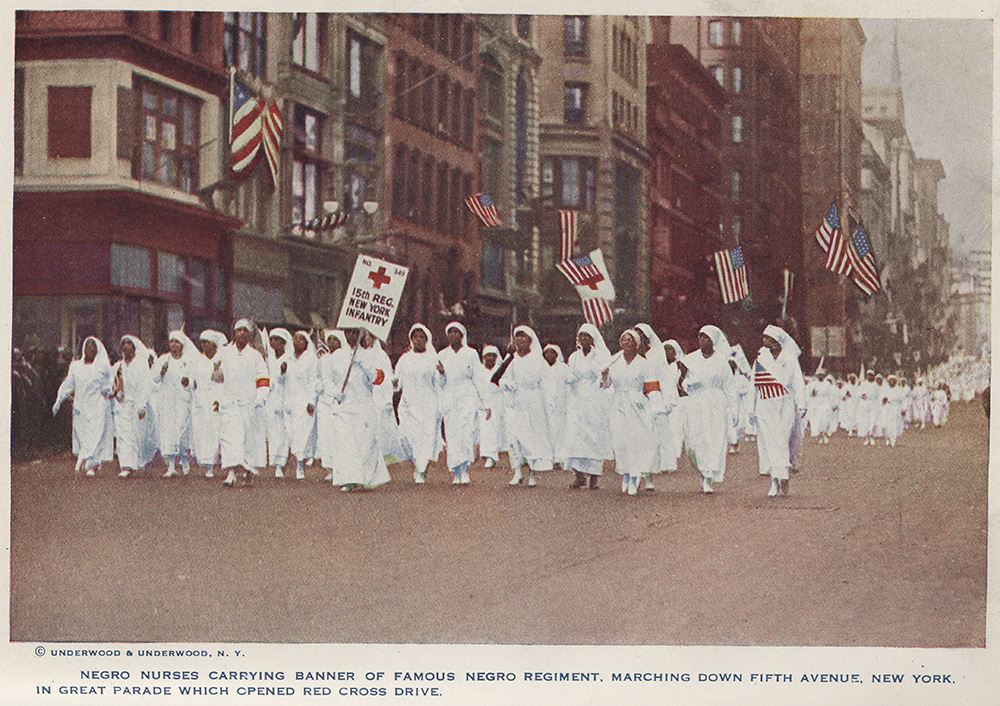
From "History of the American Negro in the Great World War"
Overseas
Most African American women supported the war effort from the U.S. However, a handful served with the YMCA in France. These women provided much needed social services to African American soldiers in France. They made the soldiers feel at home by operating canteens that provided home cooked meals, sympathetic listeners and entertainment. Kathryn M. Johnson, one of only three African American women to arrive in France prior to the Armistice, organized lessons for soldiers who could not read.
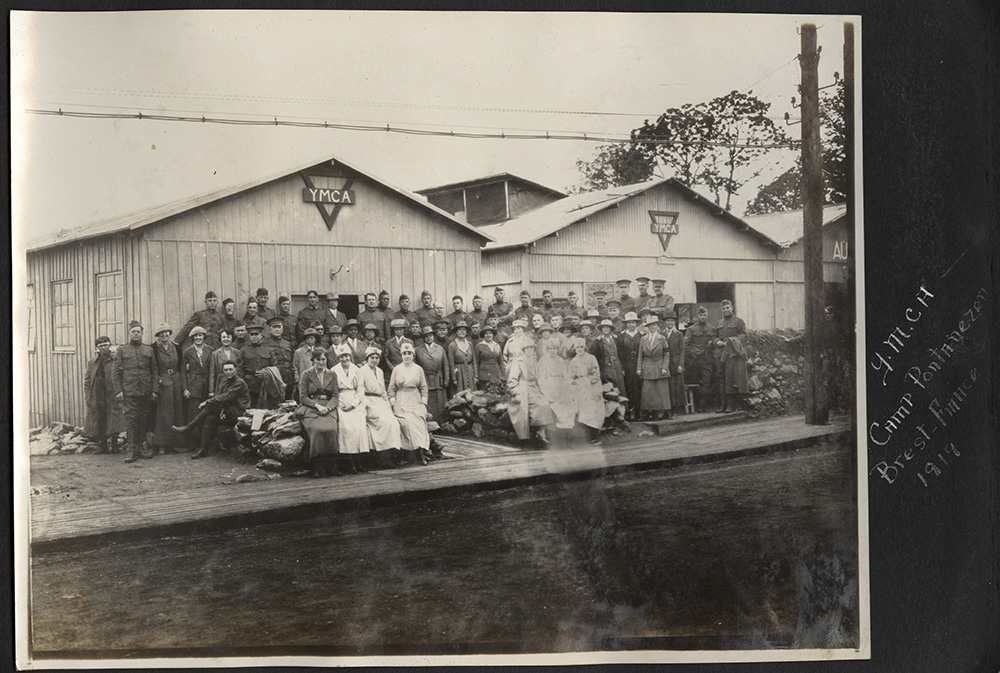
Whether they were working in factories, offices or hospitals, or serving in the military, African American women's contributions were pivotal to the U.S. effort in World War I.
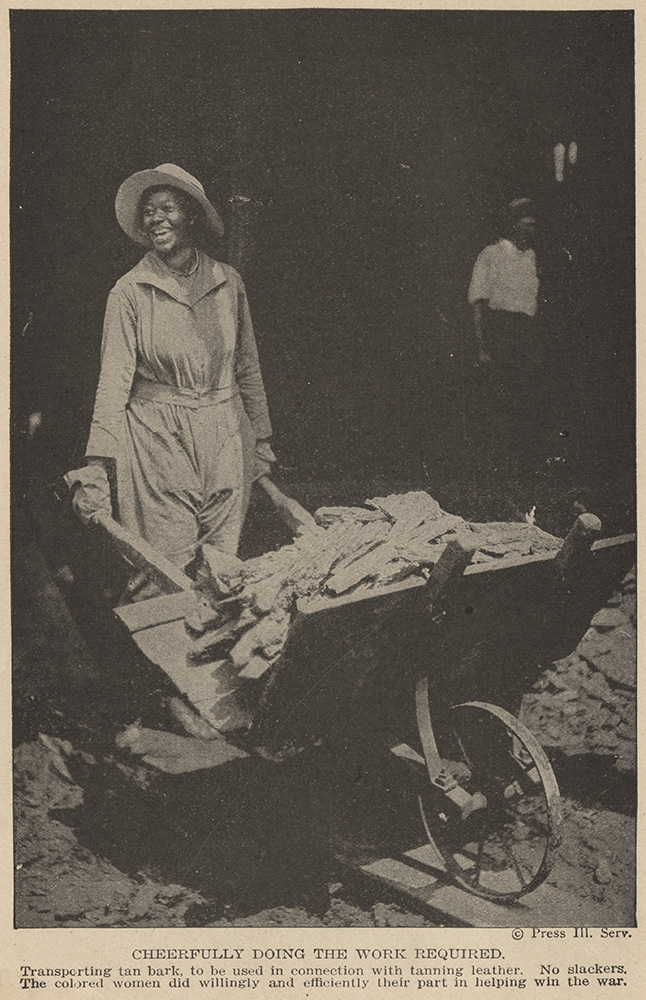
From "Kelly Miller's Authentic History of the Negro and the World War"
